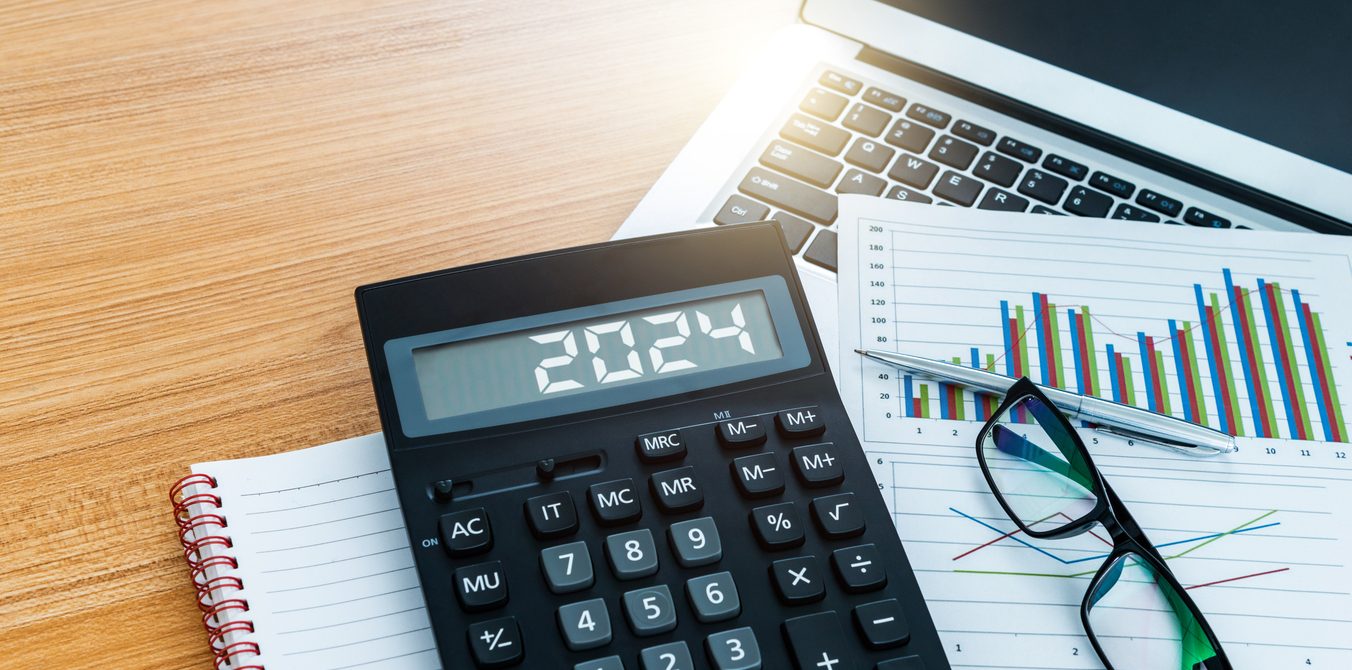Tax time is a critical period for property owners and landlords. Navigating the complexities of tax regulations can seem daunting, but with the right tips and strategies, you can maximise your deductions and ensure compliance. Here are some essential tax tips to help you prepare for the pending financial year end.
Organise Your Paperwork
The first step in preparing for tax time is organising all relevant documents. Keep receipts, invoices, and statements related to your property expenses. This includes:
- Mortgage statements
- Maintenance and repair invoices
- Property management fees
- Insurance premiums
- Utility bills
Having these documents readily available will make it easier to claim deductions and provide evidence if required by the Australian Taxation Office (ATO).
Claim All Eligible Deductions
Property owners and landlords can claim various deductions to reduce their taxable income. Some common deductions include:
- Interest on loans: Any interest charged on loans taken for the property is deductible.
- Maintenance and repairs: Costs incurred for maintaining and repairing the property are deductible in the same financial year.
- Depreciation: You can claim depreciation on the building’s structure and certain assets within the property.
- Management fees: Fees paid to property managers or agents are deductible.
- Insurance premiums: Insurance costs for your rental property can be claimed.
Ensure you keep detailed records of all expenses to substantiate your claims.
Understand Capital Gains Tax (CGT)
If you’ve sold a property within the financial year, understanding Capital Gains Tax (CGT) is crucial. CGT applies to the profit made from the sale of an investment property. The gain is added to your taxable income and taxed at your marginal rate. However, there are some strategies to minimise CGT:
- Capital losses: Offset any capital gains with capital losses from other investments.
- Holding period: Properties held for more than 12 months may qualify for a 50% CGT discount.
- Exemptions: Certain properties, such as your principal place of residence, may be exempt from CGT.
Consider Negative Gearing
Negative gearing occurs when the costs of owning a rental property exceed the rental income earned. This loss can be used to reduce your taxable income, potentially leading to a larger tax refund. While negative gearing can be beneficial, it’s essential to understand the long-term financial implications and seek professional advice if necessary.
Maximise Depreciation Claims
Depreciation is a non-cash deduction that allows property owners to claim the decline in value of their property and its assets over time. Engaging a qualified quantity surveyor to prepare a depreciation schedule can help you identify all eligible items and maximise your claims. Common items include:
- Building structure
- Fixtures and fittings
- Appliances
- Furniture
Keep Up with Legislative Changes
Tax laws and regulations are subject to change, and staying informed about updates can significantly impact your tax strategy. Join industry newsletters, follow relevant social media channels, and consult with tax professionals to stay updated on legislative changes that may affect your tax obligations.
Seek Professional Advice
Navigating tax laws can be complex, and seeking professional advice can ensure you are compliant and optimising your tax strategy. A qualified tax advisor can help you:
- Identify all eligible deductions
- Optimise your tax strategy
- Stay up-to-date with legislative changes
- Ensure compliance with ATO regulations
Tax time doesn’t have to be stressful for property owners and landlords. By organising your paperwork, claiming all eligible deductions, understanding CGT, considering negative gearing, maximising depreciation claims, staying informed about legislative changes and seeking professional advice, you can optimise your tax strategy and ensure compliance.
Time to sell your investment property? Contact one our area experts here.
Ready to purchase a new real estate asset? Search our large range of listings here.
